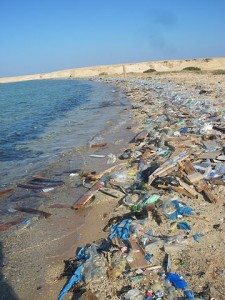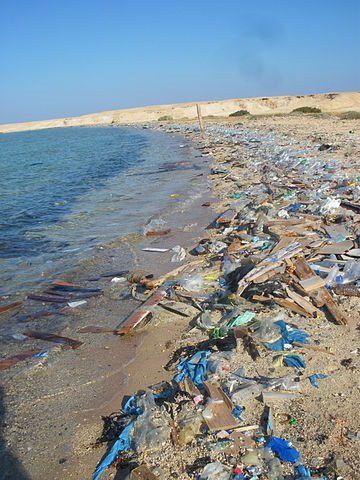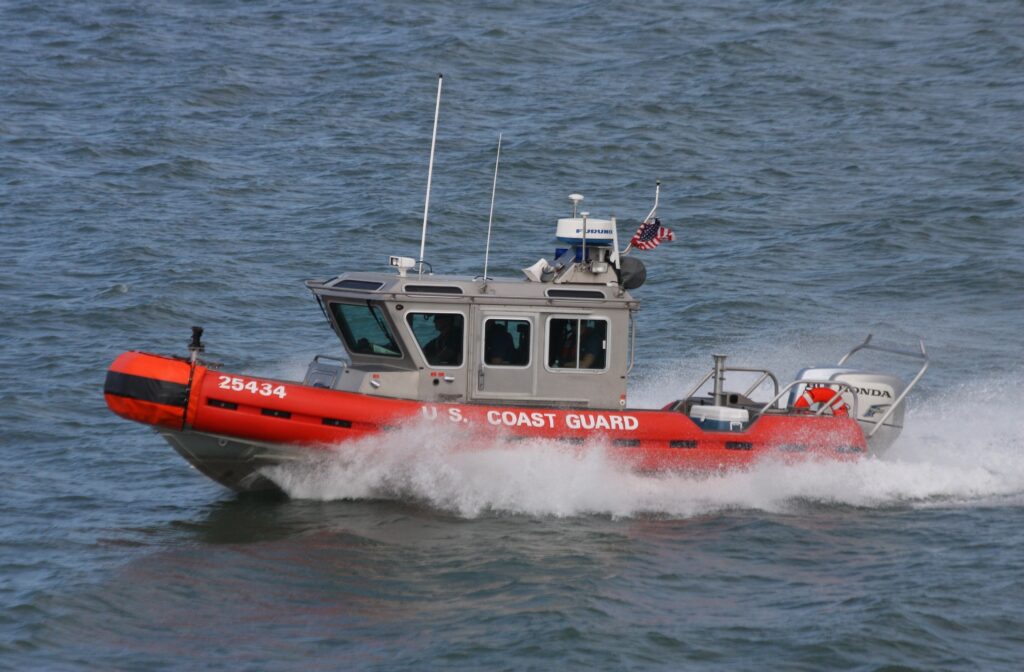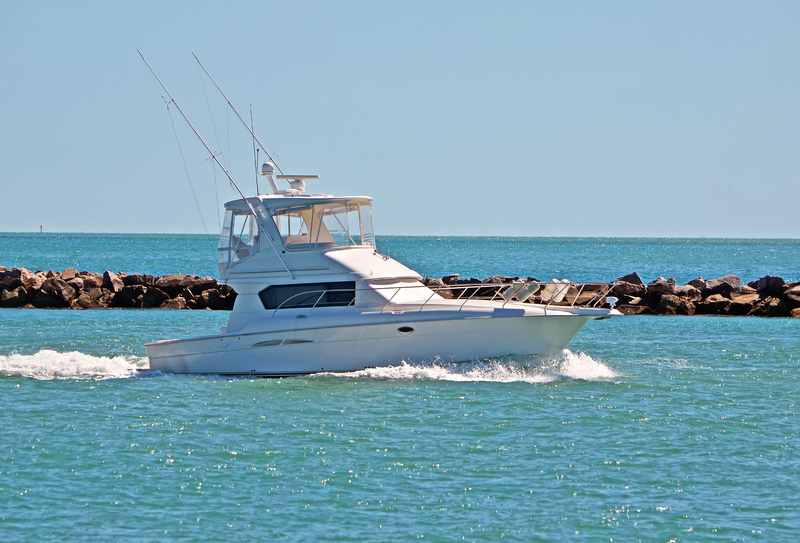
Marine debris endangers ocean life, threatens the supply of seafood, and affects beaches. A professor from Southern Cross University recently studied the amount of garbage on Whitsunday island beaches in Queensland, Australia. ABC News reports that much of the garbage the research team collected may have come from passing vessels. Over 4,000 items were collected off of just one beach and much of this trash may have been tossed overboard. The researchers also found that most of the garbage wasn’t coming from Australian sources, which is why all boaters should be aware of the maritime regulations regarding waste disposal in the area where they are sailing, as hefty fines may be imposed.
The United States Environmental Protection Agency (EPA) regulates how garbage – especially plastics – must be disposed of and handled by waste management in order to prevent danger to marine. The National Oceanic and Atmospheric Administration (NOAA) is another agency that focuses on protecting the environment. NOAA has been doing research to identify the sources of trash that endangers marine habitats through its marine debris program. The program also offers some guidelines boat owners can use to protect the wildlife that live in the oceans that we all enjoy.
The guidelines are simple, but they can have an immense impact on the amount of trash that kills birds, whales, seals, and other animals every year – and can also help reduce boating accidents related to debris. So, what can boaters do?
For one, boaters can familiarize themselves with the marine environmental laws in their area and make sure to store all trash on their boats so nothing falls overboard. It is currently against the law to dispose of any trash in the ocean. United States law prohibits the disposal of trash in U.S. waterways. If you see illegal dumping of trash, report the instance to the U.S. Coast Guard. By reporting illegal dumping, you can help protect the oceans and make sure that those who litter the sea are held accountable for their actions and discouraged from similar actions in the future.
Boaters can also help by supporting marinas that recycle and follow best practices for preserving and protecting marine habitats. Use marinas that have been designated Clean Marinas by NOAA’s Clean Marina Initiative. Many states provide databases where boaters can search for marinas that are in compliance with environmentally-friendly practices.
In addition, boaters should take the time to educate their passengers about proper disposal of trash. And, for those who want to go the extra mile, joining a beach cleanup not only offers the opportunity to give something back to the community, but it also lets you see firsthand the impact of waste disposal on beaches and the ocean.
It is important to remember that proper waste management on your boat is not just good moral practice, it is the law. By properly disposing of debris and garbage, you can help keep open waters safer for not only marine creatures, but other boaters as well.
Published on November 5, 2015
Categories: Boating Accidents
Get Free
Consultation















